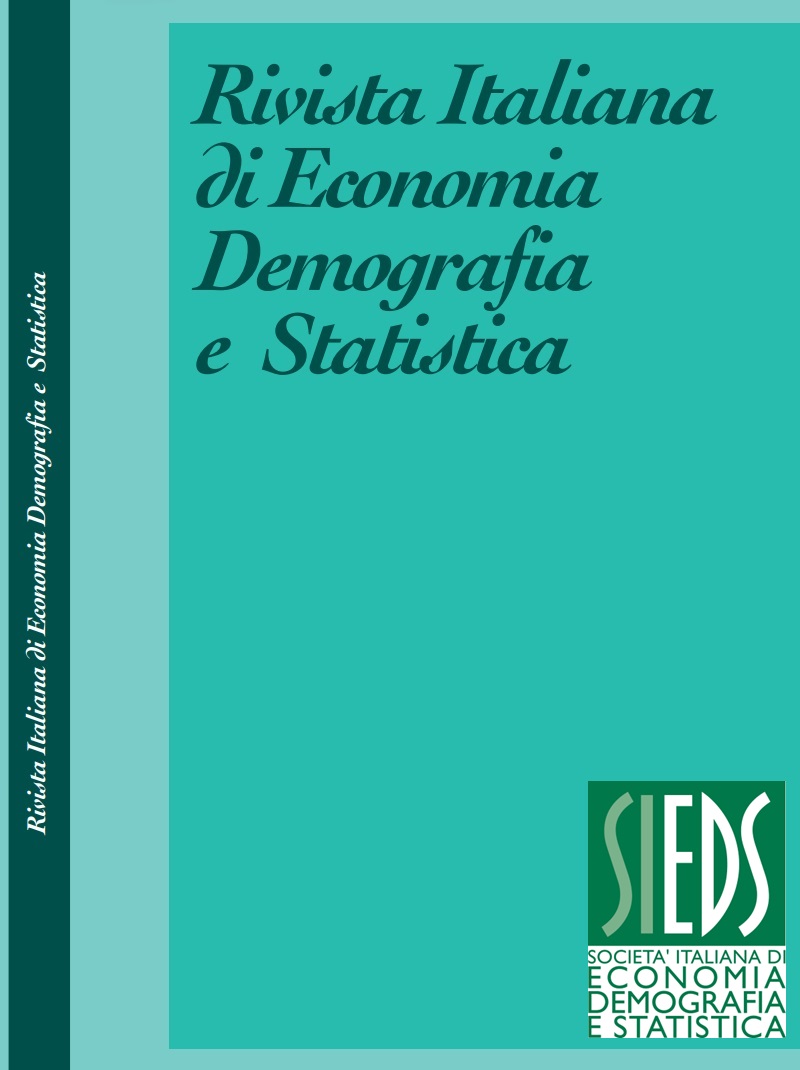Quality in data capturing processes: the case of the survey on the aspects of daily life
Abstract
The quality of the statistical information depends on several factors such as definitions and concepts adopted, sampling design, data capturing techniques, tools and methods for the analysis and representations of data. The Total Survey Error (TSE) approach represents a theoretical framework for the evaluation of the quality of survey data that takes into account the different types of error that might arise in each step of the survey process, from the design phase to the analysis of data, in order to compare costs and benefits. In this framework, the survey error is defined as the deviation of a survey response from its underlying true value. For every phase of the survey it is necessary to evaluate the efficiency of the actions taken. This work focuses on the assessment of the data collection phase through indicators based on data that are collected during the process itself, the so-called paradata. The analysis of paradata and their association with other information -auxiliary data as well as survey data- is useful in constructing performance indicators of the data collection phases to guide the necessary adjustment process. This paper reports an example of the approach followed, based on the data of the Istat survey ‘Aspects of daily life, 2019’. Specifically, it describes the analysis of the propensity to respond and the data collection techniques used (CAWI vs CAPI-PAP) to detect those respondents profiles that need an adaptation of either contact or reminder strategies to improve their propensity to respond. In this example the analysis is conducted using a logistic model. The possible methods and tools for improving the quality of the survey are drew as part of a strategy involving the different actors of the data collection process.
Downloads
Published
Issue
Section
License
Copyright (c) 2021 Claudio Ceccarelli, Marco Fortini, Manuela Murgia, Alessandra Nuccitelli, Rita Ranaldi, Francesca Rossetti

This work is licensed under a Creative Commons Attribution 4.0 International License.



